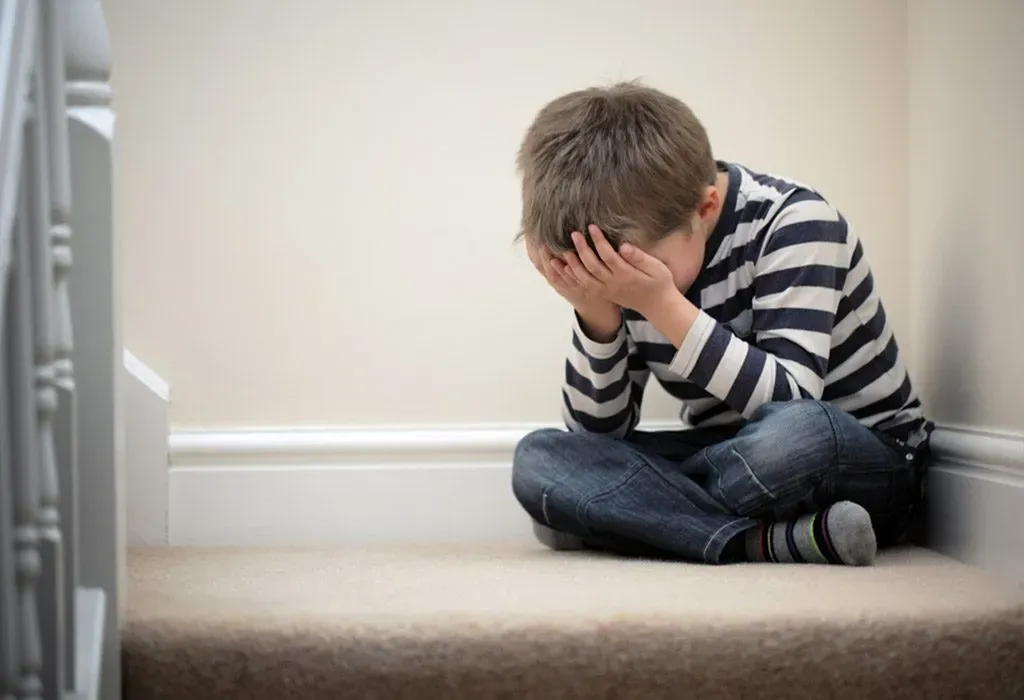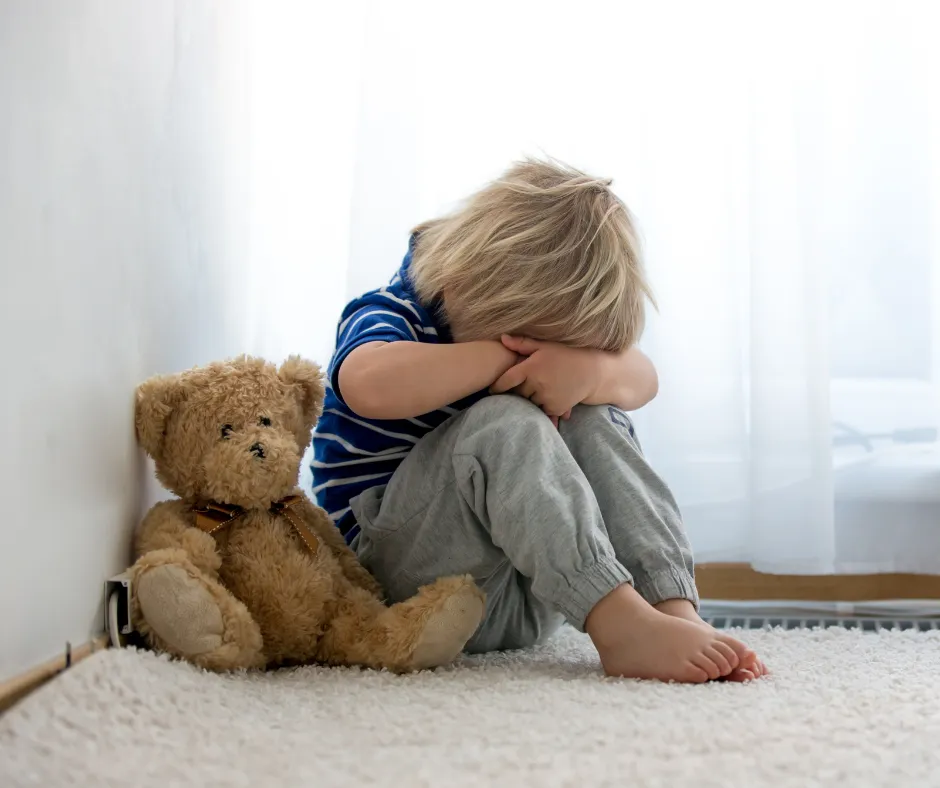Do you want to know the potential signs of infant Neglect? Keep reading to know the potential signs of infant neglect and how to deal with it.

Infant neglect is a serious concern that can have lasting effects on a child’s physical, emotional, and cognitive development.
Furthermore, caregivers, parents, and professionals must be aware of signs that may indicate neglect.
Signs of Infant Neglect

Here are some common signs of infant neglect:
1. Your Child finds it has to Thrive
Infants who experience neglect may undergo failure to thrive, a condition characterized by slow or insufficient weight gain, developmental delays, and overall stunted growth.
Neglectful environments often lack adequate nutrition, hindering the infant’s physical and cognitive development.
Also, this failure to thrive can have long-lasting effects on the child’s health and well-being.
2. Your Child Suffers From Poor Hygiene
Neglected infants often exhibit poor hygiene, evident through dirty or unchanged diapers, unwashed and malodorous clothing, and neglected personal care routines.
The lack of attention to hygiene not only poses physical discomfort but can also lead to skin issues and infections. Maintaining proper cleanliness is crucial for the infant’s overall health and comfort.
3. The Child Suffers Unattended Health Issues
Infants experiencing neglect may not receive timely medical attention for health concerns. Untreated illnesses, infections, or injuries can be indicative of neglect.
The absence of appropriate medical care can exacerbate health issues, posing risks to the infant’s immediate and long-term well-being.
4. The Child Displays Frequent Hunger or Malnutrition
Neglected infants may display signs of hunger, malnutrition, or dehydration due to inadequate feeding or care.
Persistent crying resulting from hunger can be a distressing indicator of neglect.
Also, proper nourishment is essential for the infant’s growth, development, and overall health.
5. The Child May Have Inconsistent Feeding Schedule
Neglect may lead to irregular feeding schedules or inadequate feeding frequency, affecting the infant’s nutritional intake.
Furthermore, consistent and nourishing feeding routines are crucial for promoting healthy growth and development during this critical stage of life.
6. The Child Exhibit Limited Responsiveness to Stimuli
Neglected infants may exhibit limited responsiveness to stimuli, interactions, or attempts at engagement.
Their withdrawn, listless demeanor may indicate a lack of emotional and social stimulation.
Responsive caregiving is fundamental for fostering the infant’s cognitive and emotional development.
7. The Child Displays Emotional Withdrawal
Infants deprived of emotional care and responsiveness may display signs of emotional withdrawal.
The absence of bonding, cuddling, and positive interactions can hinder the infant’s ability to form secure attachments and impact their emotional well-being.
8. The Child May Struggle From Poor Sleeping Patterns
Neglected infants may struggle with establishing regular and healthy sleep patterns.
Inconsistent sleep routines and disturbances during sleep can contribute to developmental challenges, affecting both physical and cognitive aspects of their growth.
9. The Child is Seen an Unsafe Living Conditions
Infants in neglectful environments may be exposed to unsafe living conditions, including hazardous objects, lack of childproofing, or inadequate supervision.
Also, these conditions pose a direct threat to the infant’s safety and well-being, requiring immediate intervention to create a secure living environment.
10. The Child’s Development is Being Delayed
Neglect can impede an infant’s achievement of developmental milestones.
Delays in motor skills, language acquisition, and social interactions may be evident, reflecting the impact of neglect on the infant’s overall developmental progress.
11. The Child Experience Isolation and Lack of Stimulation
Neglected infants may experience isolation and a lack of opportunities for positive stimulation and interaction.
Limited exposure to age-appropriate toys, activities, and social interactions can hinder the development of essential cognitive and social skills.
12. The Child Lacks Emotional Connection
Parental indifference or a lack of emotional connection with the infant is a significant sign of neglect. Infants require responsive, attuned caregivers for healthy emotional development.
Parental indifference can have profound and lasting effects on the infant’s emotional well-being and overall development.
In conclusion, it’s crucial to emphasize that these signs should be evaluated within the broader context of the child’s environment, considering potential contributing factors.
If there are concerns about infant neglect, prompt reporting to appropriate authorities, such as child protective services, is essential for ensuring the child’s safety and well-being.
Early intervention and support can make a significant positive impact on the child’s future development.
Related Searches:
